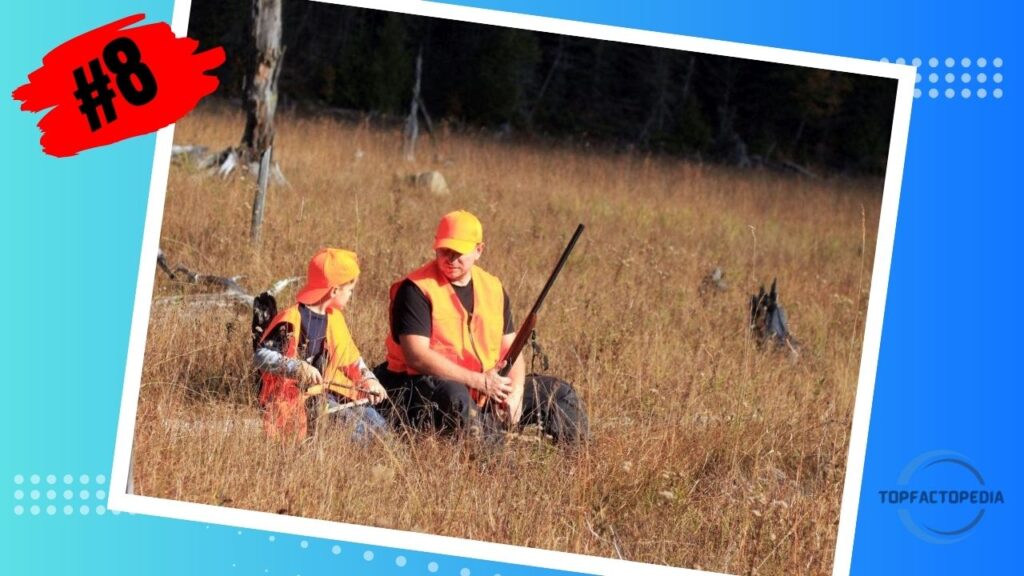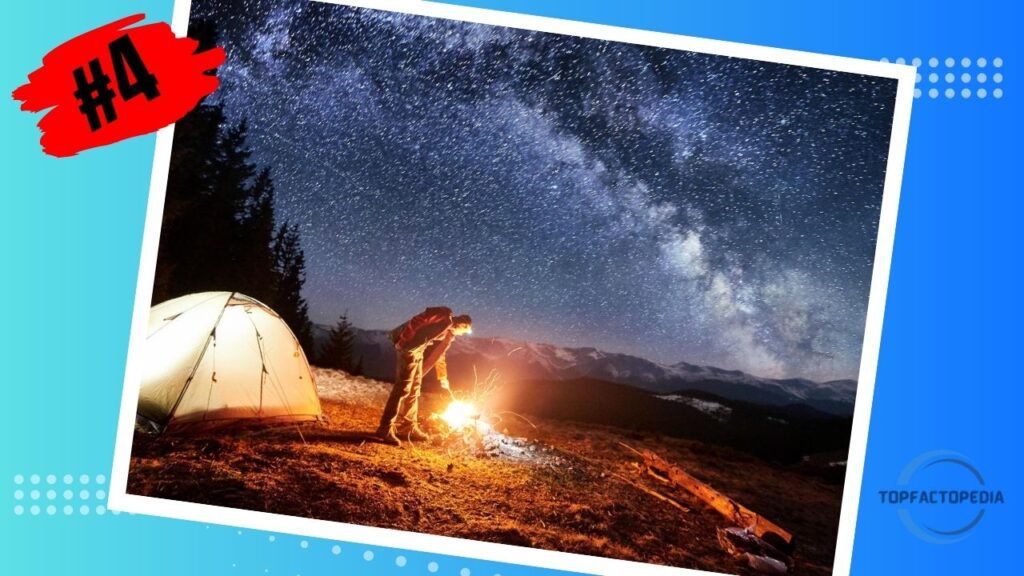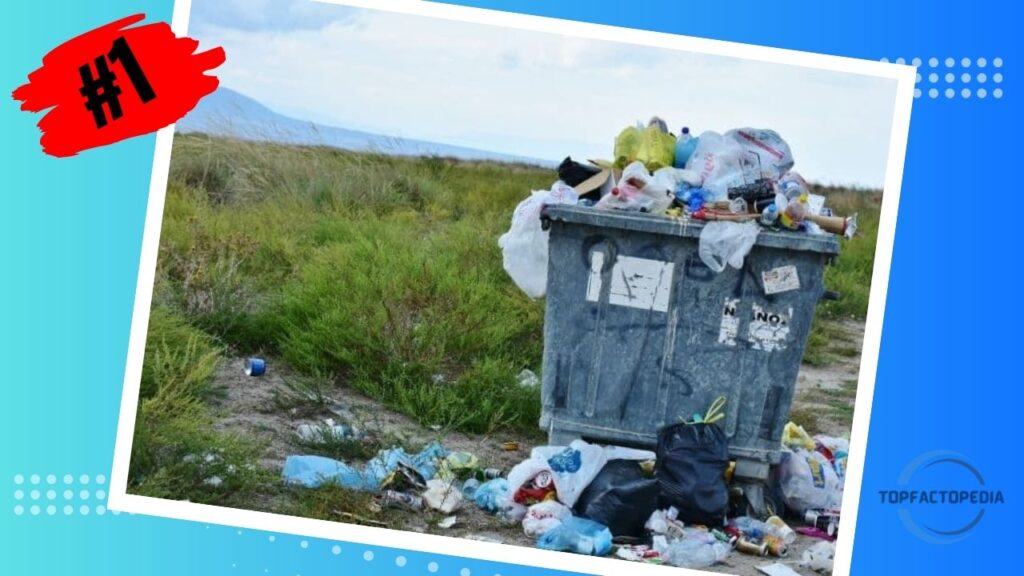
Are you an avid participant who enjoys taking part in activities that take place outside in public areas? If the answer is yes, then you are required to be familiar with the rules that govern these activities. If you violate these regulations, you could face hefty fines or even criminal charges. This is because many hobbies or activities that take place outside are prohibited in public areas. In this article, we will discuss the most common Outdoor Activities That are Banned in Public Places and why they are restricted.
Introduction: Exploring the World of Outdoor Activities
Participating in activities that take place outside is a wonderful way to learn about and appreciate the natural world while also maintaining one’s physical fitness. Recreational pursuits such as camping, hiking, cycling, and fishing are extremely popular among people of all ages. Having said that, it is of the utmost importance to be aware that rules and regulations are enforced in public places like parks, trails, and beaches in order to keep order and ensure safety. Many hobbies and activities that take place outside are prohibited in public places for a variety of reasons, including the protection of wildlife habitats, the public’s safety, and the preservation of the environment.
The Banned Outdoor Activities or Hobbies in Public Spaces
Concerns regarding safety, environmental preservation, property damage, and overall enjoyment of the space by the general public are typically the motivating factors behind the prohibition of outdoor activities in public places. The purpose of these regulations is to protect the health and harmony of both the natural environment and the tourists who visit the park. The following are some of the most frequently prohibited pastimes or activities that can be enjoyed outside in public places:
8. Hunting and Trapping

In order to protect wildlife populations and maintain ecological balance, it is common practise to prohibit hunting and fishing in publicly accessible areas. It is common practise to designate certain public areas as protected habitats for a variety of species. Permitting hunting or fishing in these areas can cause disruption to the ecosystem and put endangered species at risk. The prohibition guarantees the preservation of natural resources and fosters the long-term viability of wildlife population populations.
7. Off-Road Vehicles

Off-road motorcycling and riding all-terrain vehicles (ATVs) are frequently banned in public places to protect natural landscapes and cut down on soil erosion. These activities have the potential to cause significant damage to the surrounding vegetation, to disrupt the natural habitats of wildlife, and to lead to the degradation of recreational trails and areas. Prohibiting them helps to preserve the natural integrity of the area and ensures that visitors of all kinds are able to take pleasure in the outdoors.
6. Metal Detecting

Another activity that is typically frowned upon or prohibited in public places is metal detecting. It is possible to cause damage to the natural environment and disrupt the habitats of wildlife by digging holes and trenches. In addition, enthusiasts of metal detecting may unintentionally uncover cultural artefacts, which may result in significant damage to historical or archaeological sites.
You May Also Like: 8 Most Scary And Deadliest Insects That Can Kill Humans
5. Smoking and Vaping

Because they pose a threat to the general population’s health, smoking and vaping are frequently prohibited in public places. Problems with breathing can be brought on by passive smoking, and the butts that are discarded from cigarettes can be harmful to the environment. In addition, smoking and using electronic cigarettes can present a risk of fire, particularly when the air is dry and the temperature is high.
4. Unauthorized Camping and Overnight Stays

Camping and staying the night in public places without permission is frequently prohibited in order to control the number of visitors, preserve natural habitats, and ensure that public spaces are kept clean. It is possible for public areas to have a restricted number of camping facilities or to have specific campgrounds in order to ensure the correct disposal of waste, prevent the destruction of habitat, and minimise the impact on the ecosystem. It is easier to maintain control over the usage of public spaces and encourages responsible outdoor recreation when there is a ban on unauthorized camping.
3. Alcohol and Drug Consumption

Since drinking alcohol and using illegal drugs endangers the safety of the general public, these activities are typically prohibited in public places. People who are intoxicated are more likely to cause disturbances or accidents, both of which can have severe repercussions. Consumption of drugs and alcohol can also result in an increase in litter, which in turn contributes to pollution of the environment.
You May Also Like: 5 Most Fearless Creatures in the World 2023
2. Use of Drones

Many public places have put restrictions on or outright banned the use of drones because of privacy concerns, potential hazards, and the disruption they cause to wildlife. People’s privacy can be violated when drones take pictures or videos of them without their permission. In addition, if they are not operated in a safe manner, they can put the lives of other guests in danger. The presence of drones may also have a negative impact on wildlife, as it may cause the animals to become stressed or disturbed. The use of drones has been made illegal in an effort to protect people’s privacy, maintain public safety, and cause as little damage as possible to the natural environment.
1. Littering

The act of littering is one of the outdoor activities that is most frequently prohibited in public areas. Throwing trash and waste into the environment can pollute the surrounding area, cause harm to wildlife, and put public health and safety at risk. It is imperative that visitors adhere to the park’s regulations regarding recycling and trash disposal.
Conclusion
It is important to follow the rules and regulations of the park to ensure public safety, environmental protection, and the enjoyment of all park-goers. Outdoor activities and games are a great way to enjoy nature and get some exercise, but it is important to follow the rules and regulations of the park. It is imperative that the restrictions placed on particular games and activities that take place outside be respected because they were put there for a reason. If we do this, we can ensure that public spaces continue to be clean, safe, and enjoyable for people of all ages and backgrounds.
Few More Queries
- Why are these outdoor activities and games banned in public spaces?
These outdoor activities and games are banned in public spaces due to the potential risk they pose to public safety, environmental damage, and disturbance to other park-goers.
- Are there any exceptions to these bans?
Some public spaces may have exceptions to the bans on outdoor activities and games, such as designated hunting areas or fishing spots. It’s important to check with the local park authorities to see if any exceptions apply.
- Can outdoor activities and games be banned in private spaces?
Yes, private property owners have the right to ban outdoor activities and games on their property for various reasons, including safety concerns, environmental protection, and liability.



